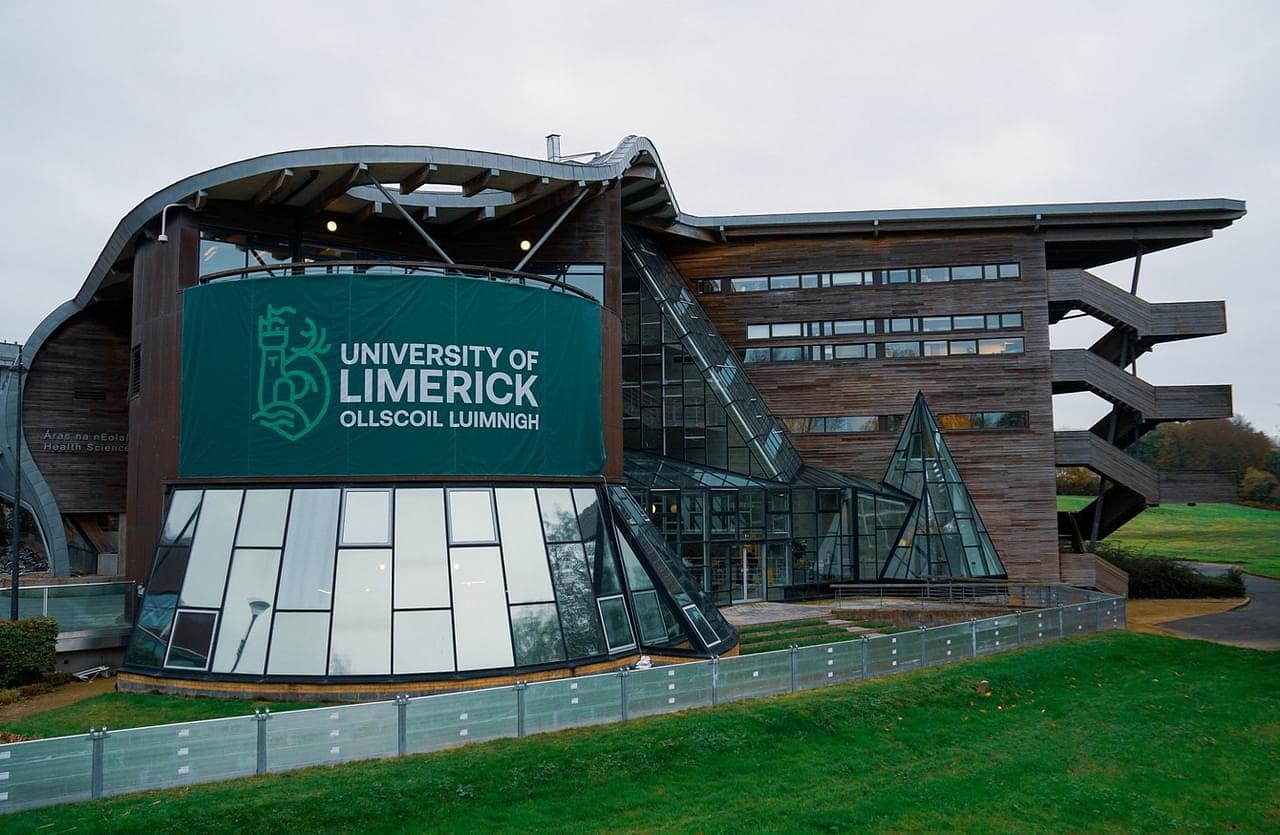Biomedical Device Materials MSc at University of Limerick
Limerick, Ireland
- Tuition Fee € 20,800
- Country Rank-
- Duration12 Months
- Score IELTS: 6.5 TOEFL: 90
Program Overview
This one year M. Sc. programme is designed to produce highly qualified graduates who have an in-depth knowledge of the instrumentation involved in the analysis and characterisation of materials together with a detailed knowledge of Materials Science and Materials Processing. Specialist modules and a specialised research project will allow students to become fully briefed in Biomedical Device Materials and how such materials interact with the human body. With this knowledge base, graduates could expect to work in the quickly evolving high-tech Biomedical Device industry or to continue their education to PhD level.
OBJECTIVES
The objectives of the programme are:
- To provide science, engineering and technology graduates with a competitive edge for a career in biomedical device companies
- To provide graduates with key analytical skills and knowledge in the latest biopolymer and metallurgical technologies preparing them for a career in biomedical device R & D and / or product design
- To develop graduates with excellence in Materials Science and Engineering capability to underpin National and International Industrial development.
Cost Of Studying At University of Limerick
Interest rates as low as 8.9% *
250K+
Students Assisted
800Cr+
Loan Amount Disbursed
5000+
Loans Sanctioned
